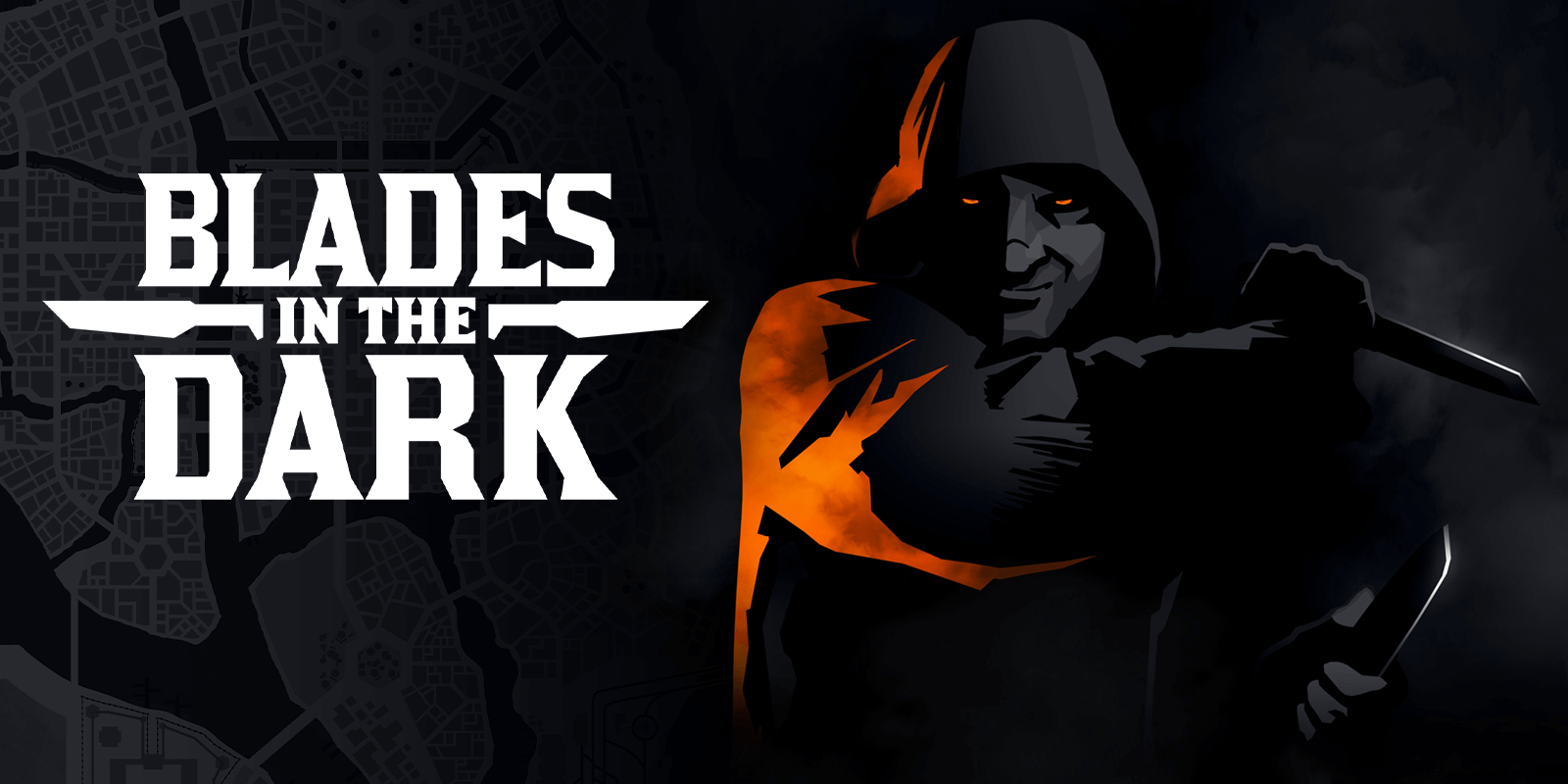
Locales
Chapters
The Basics
The Characters
The Crew
The Score
Downtime
Teamwork
When the team of PCs works together, the characters have access to four special teamwork maneuvers. They're listed at the bottom of the character playbook sheets to help remind the players of them. The four maneuvers are:
- Assist another PC who's rolling an action.
- Lead a group action.
- Protect a teammate.
- Set up a character who will follow through on your action.
Assist
When you assist another player who's rolling, describe what your character does to help. Take 1 stress and give them +1d to their roll. You might also suffer any consequences that occur because of the roll, depending on the circumstances. Only one character may assist a given roll. If you really want to help and someone else is already assisting, consider performing a setup maneuver instead.
A character may assist a group action, but only if they aren't taking part in it directly. You decide which character in the group action gets the bonus die.
Lead a group action
When you lead a group action, you coordinate multiple members of the team to tackle a problem together. Describe how your character leads the team in a coordinated effort. Do you bark orders, give subtle hand signals, or provide charismatic inspiration?
Each PC who's involved makes an action roll (using the same action) and the team counts the single best result as the overall effort for everyone who rolled. However, the character leading the group action takes 1 stress for each PC that rolled** 1-3** as their best result.
This is how you do the "we all sneak into the building" scene. Everyone who wants to sneak in rolls their Prowl action, and the best result counts for the whole team. The leader suffers stress for everyone who does poorly. It's tough covering for the stragglers.
The group action result covers everyone who rolled. If you don't roll, your character doesn't get the effects of the action.
Your character doesn't have to be especially skilled at the action at hand in order to lead a group action. This maneuver is about leadership, not necessarily about ability. You can also lead your crew's cohorts with a group action. Roll Command if you direct their efforts, or roll the appropriate action rating if you participate alongside them. The cohort rolls its quality level.
Protect
You step in to face a consequence that one of your teammates would otherwise face. You suffer it instead of them. You may roll to resist it as normal. Describe how you intervene.
This is how you do the "I'll dive in front of the bullet" You cover for a teammate, suffering any harm or consequences that still linger after you've rolled to resist. It hurts, cost stress, and may leave you in a bad spot. But hey, you're a hero.
Set up
When you perform a setup action, you have an indirect effect on an obstacle. If your action has its intended result, any member of the team who follows through on your maneuver gets +1 effect level or improved position for their roll. You choose the benefit, based on the nature of your setup action.
This is how you do the "I'll create a distraction" scene. You roll Sway to distract a constable with your charms, then any teammate who follows through with a Prowl action to sneak past him can get improved position. It's less risky since you're drawing the guard's attention.
This is a good way to contribute to an operation when you don't have a good rating in the action at hand. A clever setup action lets you help the team indirectly. Multiple follow-up actions may take advantage of your setup (including someone leading a group action) as long as it makes sense in the fiction.
Since a setup action can increase the effect of follow-up actions, it's also useful when the team is facing tough opposition that has advantages in quality, scale, and/or potency. Even if the PCs are reduced to zero effect due to disadvantages in a situation, the setup action provides a bonus that allows for limited effect.
The PCs are facing a heavily armored carriage that's immune to their weapons. Aldo uses Wreck as a setup action to pry some of the armor loose with his crowbar, giving follow up actions +1 effect—going from zero to limited effect.
Do We Have to Use Teamwork?
Teamwork maneuvers are options, not requirements. Each character can still perform solo actions as normal during an operation. If your character can't communicate or somehow coordinate with the rest of the team, you can't use or benefit from any teamwork maneuvers.

